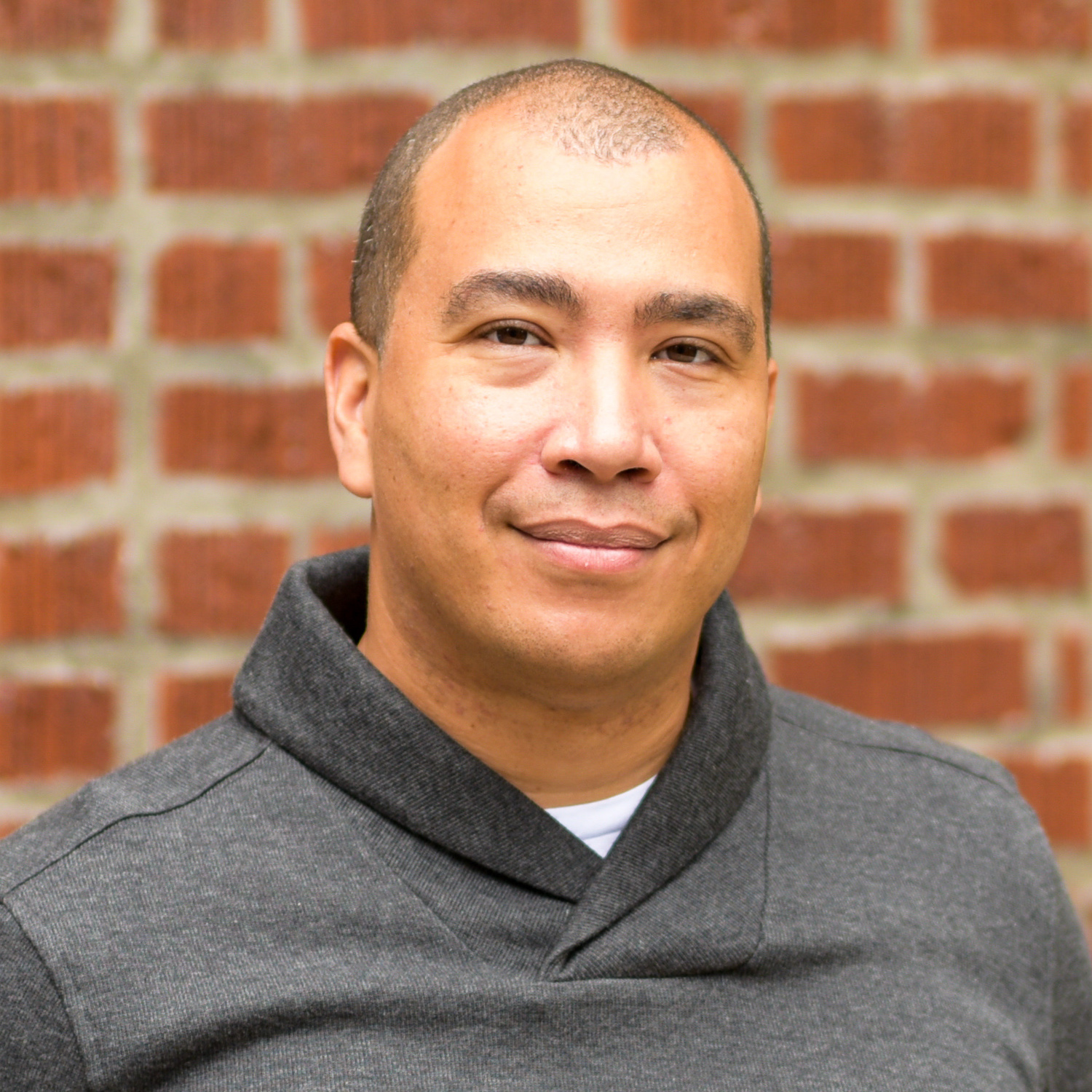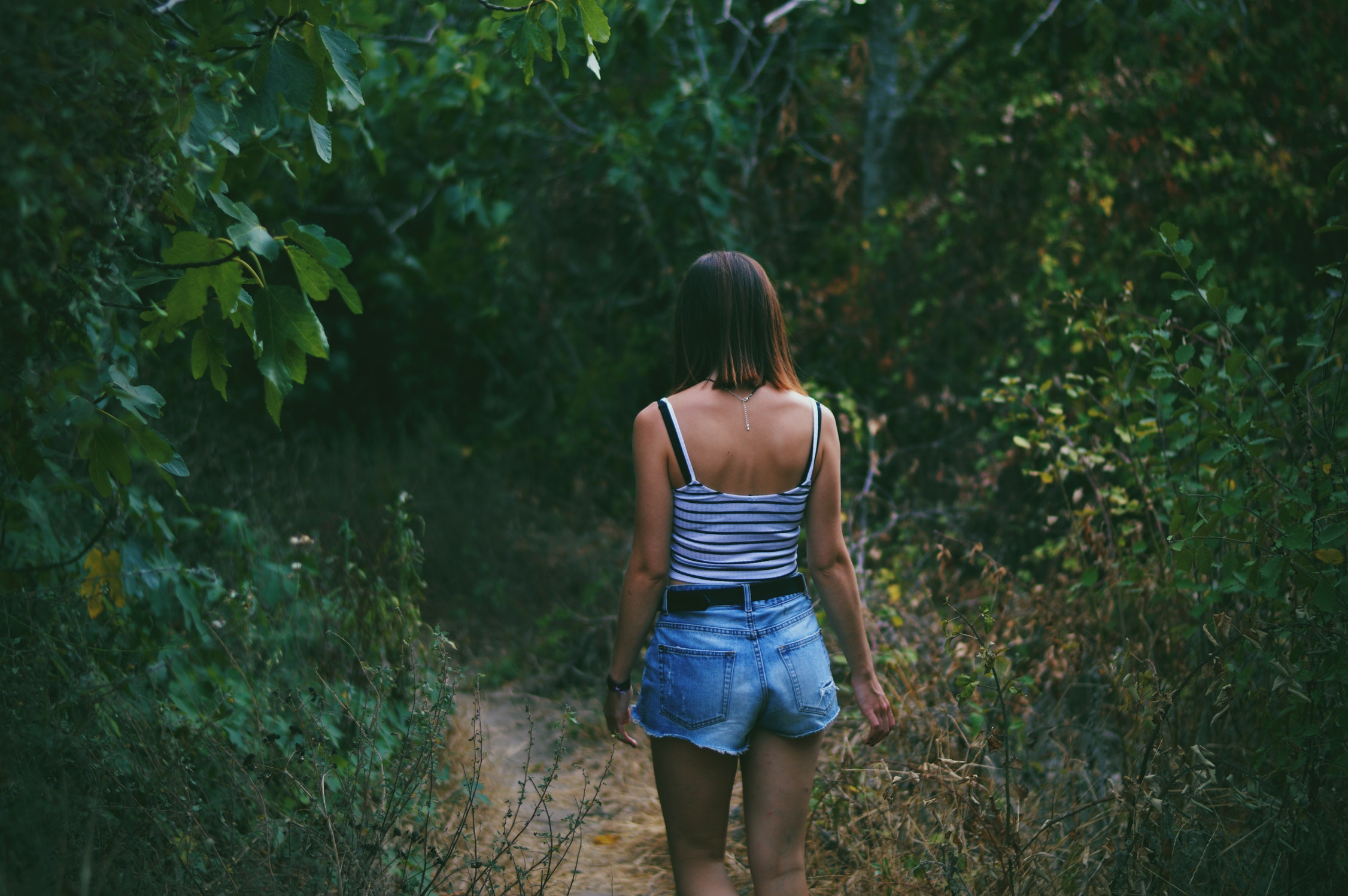A young traveler approached a river while on her journey. From all appearances, it was too deep to ford and too long to get around. After doing a bit of scouting around, she discovered a canoe that was left by another traveler. In haste, she grabbed the canoe and paddled to the other side.
As soon as she landed, she thought: “I’m lucky that I found that canoe! I couldn’t have crossed the river without it. I better take it with me just in case there’s another river along the way.” So she picked up the canoe and carried it with her.
After three days of travel while carrying the canoe, she was exhausted. She happened upon an old traveler who was bewildered by the young woman carrying the canoe.
“Why are you carrying a canoe?” the old traveler asked.
“A few days ago, I came across a river that I would have been unable to cross without this canoe. I didn’t know whether I would come to another crossing, so I carried it with me.”
“Ah. The next river like that in the direction you’re going is fifteen days away. It would take you less time to build a canoe when you get there than to carry this one with you — it’s time to leave the canoe behind.”
With that, the young traveler dropped the canoe. She immediately saw that what got her here wasn’t needed to get her there.
*****
It’s not uncommon for us to carry the canoes of our past with us along our daily journeys. We pick up a belief at one point that served us well, and we continue to believe it even when it doesn’t match reality anymore. Or perhaps we continue to react and behave as we did when we were younger, even though those behaviors are keeping us from connecting with the people we’re connecting with today. Or maybe it’s the habits and skills that applied in one domain or time in our life but don’t fit us now.
All of these things are canoes that can weigh us down. It’s completely natural for us to want to carry them — after all, they were components of good or successful experiences at one time, and we don’t want to recreate the solution all over again.
What we often don’t realize, though, is that it’s not the manifestation of the solution that’s important — it’s the recognition that a given solution is what we need. Knowing that you need a canoe, whether that canoe is a certain belief, habit, system, or skill, is the key thing to remember. When you get to that next river, build your canoe.
Until then, leave the canoe behind. What got you here won’t (necessarily) get you there.
Originally published at productiveflourishing.com


